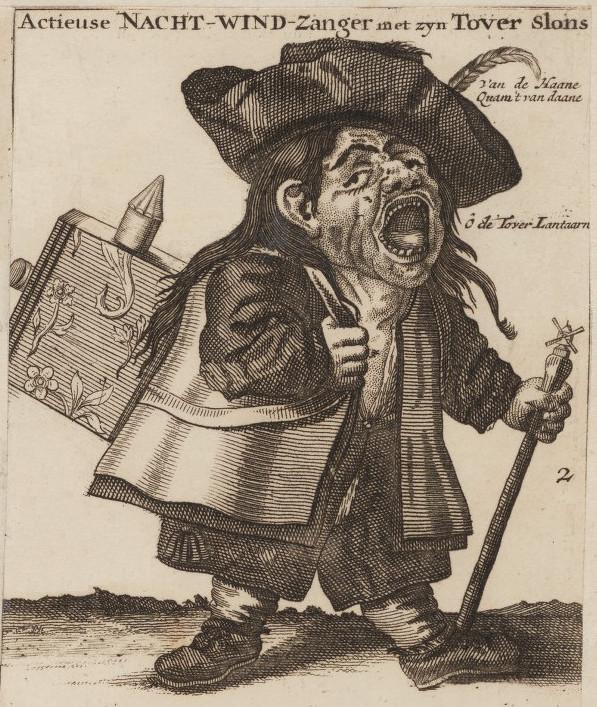“The Undiscovered Self” is a book by controversial
Swiss psychoanalyst Carl Gustav Jung, published in 1957 at the height of the
Cold War. As usual, C G Jung is difficult to read and even more difficult to
comprehend. “The Undiscovered Self” is no exception. Jung discusses the fate of
the individual in modern society, the role of religion, the psychological
origins of Communism and other forms of “fanaticism”, and the necessity of a
new form of psychiatry. He jumps back and forth between these subjects, making
the presentation hard to follow.
Jung has a strong anti-modernist streak, attacking not only Communism but also the West European welfare states, modern industry and “mass man”. Modern society crushes the unique individual and elevates the collective and the State. This is a universal tendency, present not only in the Soviet bloc or China but also in the democratic West. Jung further believes that atheism and secularism are negative. All humans have a “religious function” (a kind of spiritual instinct) which cannot be destroyed. Modern secular society represses it, but it simply reemerges in distorted form as worship of the absolutist state. Anti-religious fanaticism is really an attempt to repress the religious function within each individual. The West cannot defeat Communism without becoming religious. Also, the individual needs to feel connected to something spiritual and transcendent (call it “God”), since this is the only way to withstand the enormous pressure of modernity, bureaucracy and “mass man”. However, Jung doesn't believe that the Christian churches can provide the necessary spiritual renovation. Nobody believes the Church creeds anymore, liberal theology destroys even the mythological aspect of Christianity, and modern man simply cannot have faith in unproven dogma. Instead, Jung believes, what is needed is a kind of personal gnosis or mystical insight, which replaces faith with true knowledge of the existence of “God” (Jung's scare quotes). At one point, the author explicitly says that the resurrection of Christ and other Christian claims should be interpreted symbolically rather than literally. Christ is a powerful archetype, presumably for the “resurrection” and “salvation” of the individual (individuation).
I admit that I didn't really like this material. Jung comes across as the all-knowing genius who is really putting forward his own form of psychoanalysis as *the* solution to the world's problems. Like all grumpy ivory tower intellectuals, he despises the purely materialist pursuits of the workers, who seem to prefer social security and a higher standard of living to The Sage of Küsnacht's lofty speculations about the Collective Unconscious. Jung's strong emphasis on the sovereignty of the individual may perhaps attract libertarians and other individualists, but purely individual gnosis is no match for the Communists Jung dreads. Nukes may do the trick, but the author seems to oppose nuclear power and the bomb!
But yes, even Carl Gustav Jung occasionally says things which sound just as relevant today as back in 1957. I'll end with a quotation.
“The West has unfortunately not yet awakened to the fact that our appeal to idealism and reason and other desirable virtues, delivered with so much enthusiasm, is mere sound and fury. It is a puff of wind swept away in the storm of religious faith, however twisted this faith may appear to us. We are faced, not with a situation that can be overcome by rational or moral arguments, but with an unleashing of emotional forces and ideas engendered by the spirit of the times, and these, as we know from experience, are not much influenced by rational reflection and still less by moral exhortation. It has been correctly realized in many quarters that the alexipharmic, the antidote, should in this case be an equally potent faith of a different and nonmaterialistic kind, and that the religious attitude grounded upon it would be the only effective defense against the danger of psychic infection”.
By “religious faith” in the second sentence, Jung is referring to Communism (a distorted religious impulse), while “an equally potent faith” (the antidote) refers to his own version of Gnosticism. Of course, the quotation also works if “religious faith” refers to, say, Muslim fundamentalism. What the antidote to that might be, I leave to the reader to decide. However, I strongly suspect that it won't be your friendly neighborhood analytical psychologist…

No comments:
Post a Comment